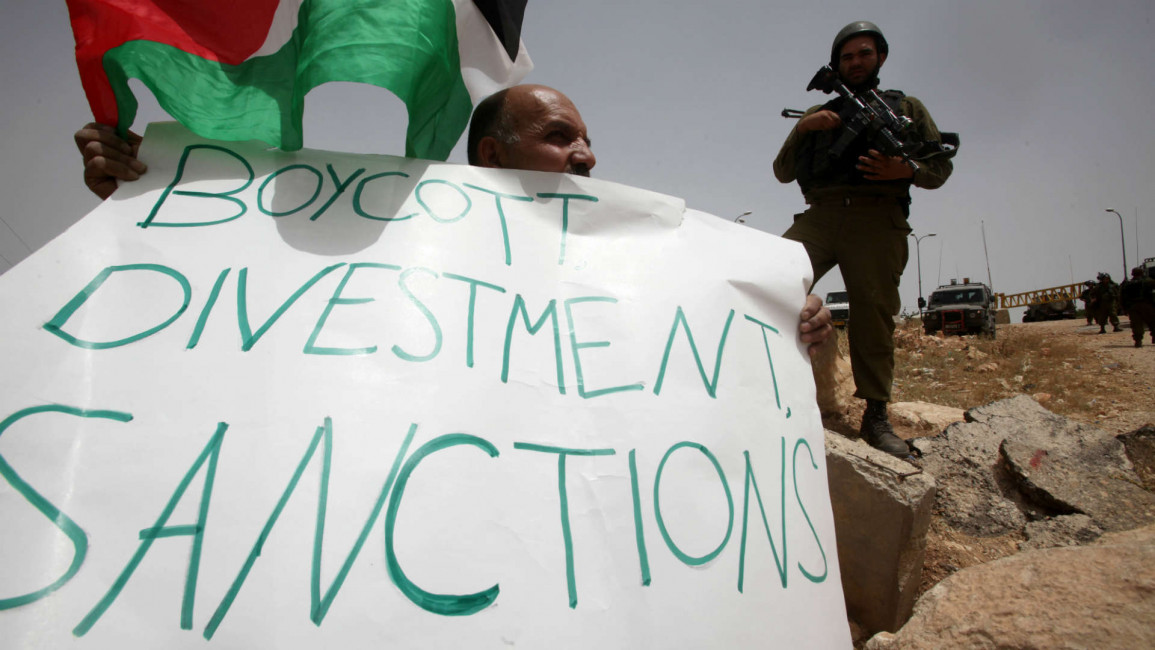US anti-boycott act raises freedom of expression concerns
This week, an anti-boycott act passed by a voice vote in US Congress is raising concerns among followers of the Palestinian-led Boycott, Divestment and Sanctions movement, as well as free speech advocates over the potential for restrictions on political expression.
House Resolution 3016, introduced in April 2023 by Republican Congressman Mike Lawler of New York, states that individuals and organisations would be prohibited from refusing to do business with "friendly countries" if the refusal is related to a boycott. Without mentioning Israel, Palestine or BDS, the measure is clearly aimed at those engaging in political boycotts of Israel.
The new legislation, the IGO Anti-Boycott Act, builds on existing law prohibiting individuals from political boycotts of friendly countries, adding international organisations, which under existing commerce laws could result in severely high penalties or prison time.
"Restricting participation in boycotts fostered by IGOs could result in the imposition of additional criminal and civil penalties for violations of Export Administration Regulations," according to a January cost estimate of the resolution by the Congressional Budget Office.
"I'm thrilled that the House passed the IGO Anti-Boycott Act today, which would help prevent sinister BDS efforts," said Lawler in a public statement. "The BDS movement is nefarious and antisemitic in its nature, and this legislation will punish Intergovernmental institutions that support their twisted plan."
"Fighting antisemitism requires a global and multi-faceted approach, with the IGO Anti-Boycott Act being just one of many common sense ways to hold the perpetrators accountable," said Lawler. "The House sent a strong message in support of Israel by passing this legislation."
Though the BDS movement is often characterised by its critics as antisemitic, many of its supporters, or supporters of the right to boycott, see it as one of the few non-violent means of holding Israel accountable for human rights violations.
"I really think that giving people an outlet to take action through a boycott, which is basically 'don't send them money', is better than war," Ronald Stockton, a professor of political science at the University of Michigan-Dearborn, told The New Arab. "People who try to fight boycotts and ban them are making a serious miscalculation."
Given years of successful challenges to anti-BDS state laws and other pushbacks, Stockton describes the latest measure as "an attempt to intimidate and to please voters."
Anti-BDS laws have been passed in at least 37 states, with many states having faced legal action for what has been considered an infringement of Americans' First Amendment rights.
Though polls have found that the majority of Americans do not support the BDS movement, the majority do support the right to boycott; a right many see as enshrined in the US Constitution. To date, no federal law has been implemented. Last year, the American Civil Liberties Union asked the US Supreme Court to review a state case, which it declined to do.



